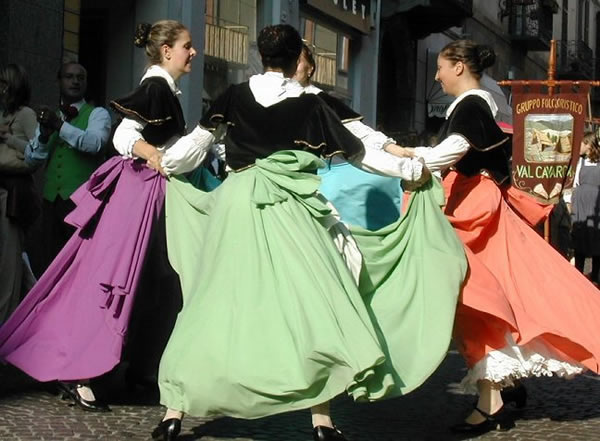I don’t watch TV, because the amount of trash on it strongly outweighs anything actually worth watching. Especially if you consider that a lot of what’s shown is sports, none of which I will watch unless it involves horses (except for the occasional Olympic event).
Of course we had a television in our hotel room in Vienna, so Ross wanted to catch up on her MTV (which we don’t get at home in Lecco). Unfortunately, they were running a full weekend of The Osbournes. I had read about this show a while ago in a New York Times article, and, as with many, er, cultural trends, glancing at the headlines on Google News has been sufficient to keep me up to date (if that were needed). Actually seeing the show, I found that ten minutes of Ozzy’s extremely limited vocabulary was more than enough; the man is apparently unable to form a single sentence that doesn’t involve the word “fuck.”
That, plus some other stuff on MTV about Justin and Britney and Christina, made me wonder: who are these “experts” who get interviewed about celebritys’ lives, how did they get to be so “expert,” and aren’t they embarassed to be considered such? Would you want your obituary to read: “Was frequently interviewed about Britney Spears’ love life” ?
I don’t understand the celebrity cult in the first place. We seem to believe that by seeing or touching someone famous, or getting their autograph, or owning something they once owned or touched, some sort of magic is passed to us, making us a little less ordinary, a little more special, like them. This is very similar to the cults of saints and holy people in some religions. Surely there’s an anthropology dissertation in that somewhere…









